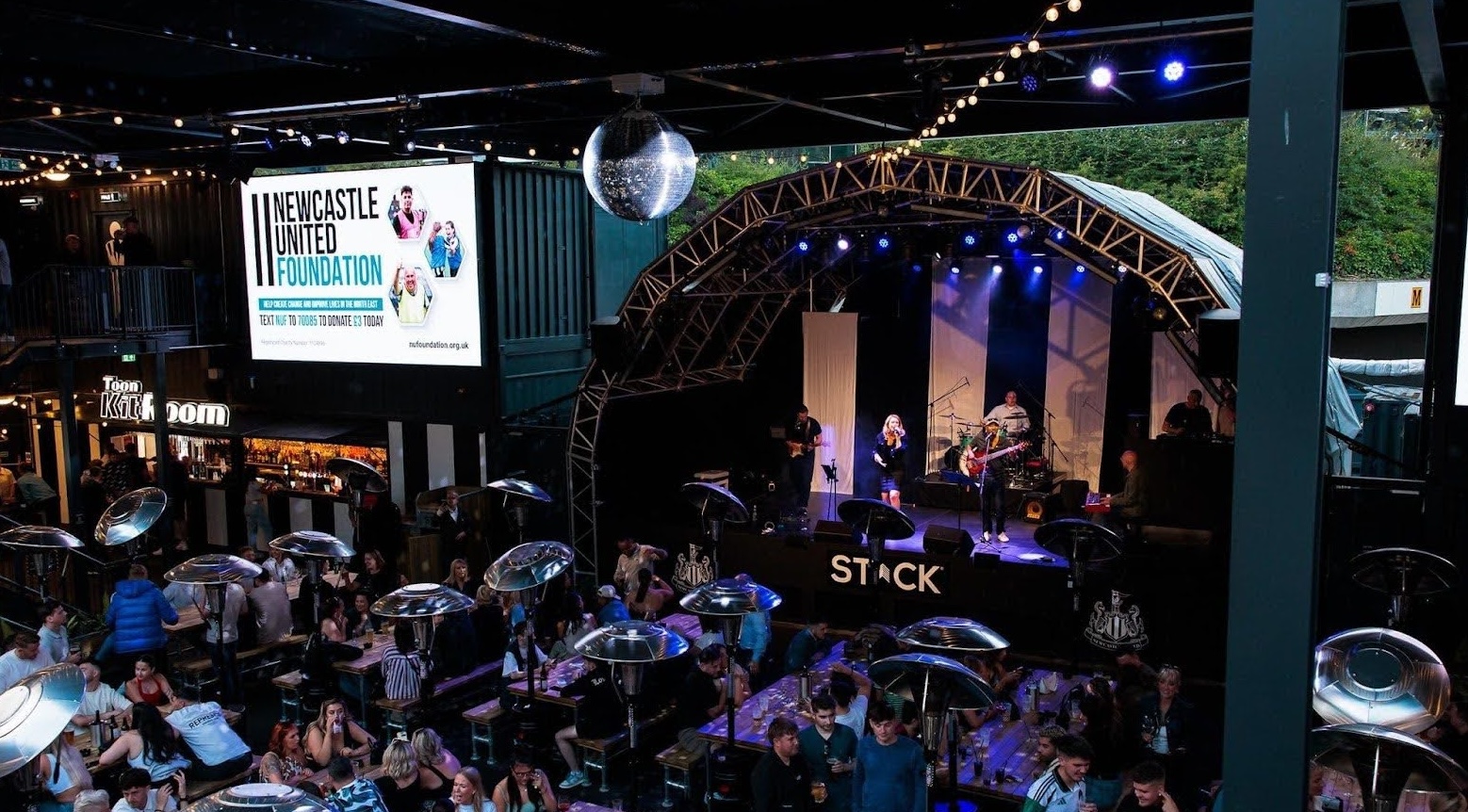
Rise of London’s Night Time Economy: Who Works the Night Shift?
London’s night time economy is no longer a niche market, it’s a central pillar of the UK’s shift work landscape, defined by The Big Shift Report 2025 by Deputy.
London has long been the beating heart of the UK’s economy, and in recent years, something interesting has emerged, highlighted in The Big Shift Report 2025 by Deputy.
The capital has emerged as a leading force in after-hours employment for hospitality, and the night time economy is booming.
In 2024, London outpaced major global night time economies such as New York and Los Angeles, surpassing them in night shift activity, and the capital is the epicentre of night time spending in the UK, with nearly 25% of all transactions occurring in the evening or late hours.
A primary driver for this surge in activity is hospitality venues adopting live music to drive sales, enhance customer experience and enhance their offerings.
A resilient and growing sector
Despite a difficult economic climate for hospitality, the UK’s shift work economy has shown notable resilience. Inflation has eased and wage growth has improved, but financial insecurity still drives job mobility and multi-sector employment.
This shift is reshaping the employment landscape, as businesses expand their operations to meet the rising demand for services beyond standard hours.
What’s driving the shift to night work
One of the most notable factors is the shift in consumer behaviour. With longer trading hours, people are spending more during evening and late-night hours, particularly in areas like dining, entertainment, and retail.
Hospitality has experienced a surge in night shift activity, where fast food and cashier restaurant workers saw a 31% increase in night shift hours in 2024, while cafés and coffee shops followed with a 16% increase.
This shift suggests that Londoners are increasingly turning to food-focused experiences rather than traditional late-night clubbing, and what’s keeping those customers in venues until the last orders are called?
Live entertainment. It’s a fantastic way to not only drive customers into venues, but also keep them there. For those forward-thinking venues investing in customer experience, it gives them a reason further than a few drinks to go out, emphasising the surge in night shift activity.
With the hospitality sector only experiencing 2% growth in 2024, the shift in consumer habits is moving towards dining-focused nightlife experiences, showing the need for bars, pubs and restaurants to keep guests fed and entertained to increase dwell time.
GigPig in London’s night shift economy
As the night time economy continues to define the UK’s culture, GigPig is helping venues stay ahead by making it easier than ever to book live performers. The platform connects local artists with venues looking to offer more than just drinks and dinner, they want atmosphere, energy, and entertainment.
That surge in growth is also down to musicians, DJs, and live performers, with venues tapping into a new era of nightlife that’s more diverse, more dynamic, and more digitally connected than ever before.
The future of night work in London
The 2025 outlook is promising. The National Living Wage is set to rise, inflation is easing, and night time spending is growing. But with growth comes competition, and the venues that invest in standout experiences will lead the way.
That’s where GigPig comes in to give venues the tools to turn busy nights into great nights. But they aren’t just filling rooms, they’re building community, increasing dwell time, and standing out in a crowded market.
As the night time economy continues growing, the workers who make it thrive are diversifying. Women, Millennials, and Gen Z are at the forefront, reshaping what it means to work at night.
It’s clear the night shift is here to stay.
Related news


.jpg)
.jpg)

.svg)

